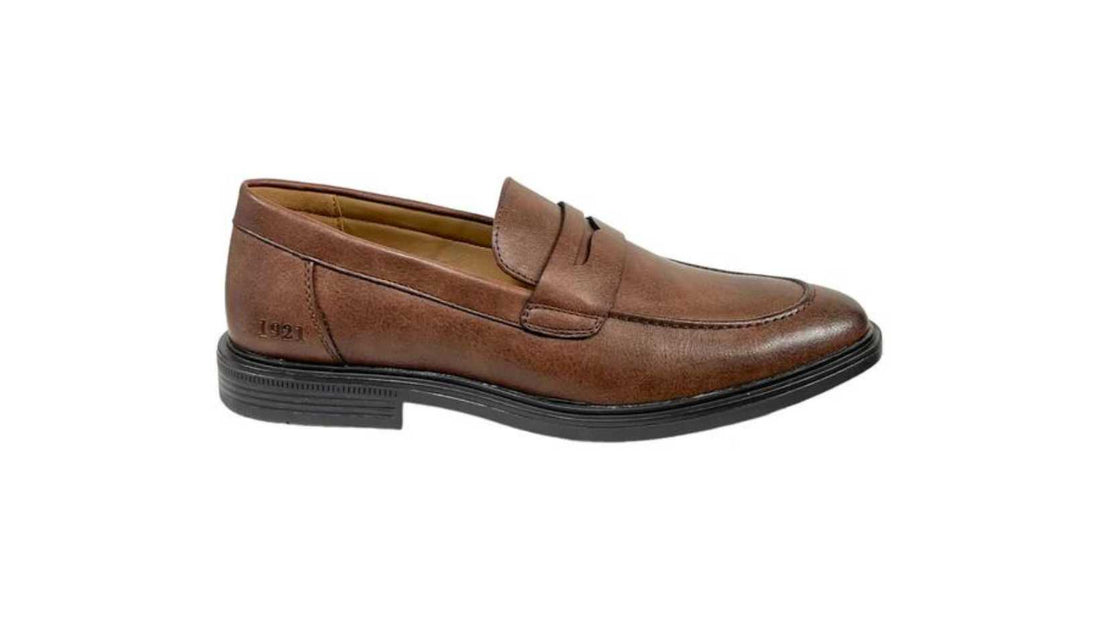In recent years, the rise of veganism has extended beyond diet and into fashion, leading to the creation of vegan shoes. But what exactly are vegan shoes, and how do they compare in terms of durability and performance to traditional footwear?
As awareness around sustainability and ethical consumption grows, more consumers are turning to vegan alternatives. You can make an informed choice by learning what defines vegan shoes, their benefits, and their longevity.
What Are Vegan Shoes?
Vegan shoes are footwear made without the use of any animal products. This means that materials like leather, suede, wool, and even certain glues that come from animals are entirely excluded from the manufacturing process. Instead, vegan shoes are crafted from a range of synthetic or plant-based materials that mimic the look, feel, and durability of traditional animal-derived components.
What are the Materials Used in Vegan Shoes
-
Synthetic Leather (PU Leather): A widely used material in vegan footwear, synthetic leather is made from polyurethane (PU), a type of plastic that can be crafted to resemble real leather. It’s durable, water-resistant, and often more affordable than genuine leather.
-
Microfiber: A highly durable and versatile material, microfiber is often used to replace leather in vegan shoes. It is known for its strength, flexibility, and ability to withstand wear and tear, making it an excellent choice for both casual and formal footwear.
-
Recycled Materials: Many vegan shoe brands are now incorporating recycled materials into their designs. These can include recycled plastics, rubber, and even recycled fabrics. Not only are these materials environmentally friendly, but they also contribute to the durability of the shoes.
-
Natural Fibers: Materials like cotton, hemp, and linen are also used in vegan shoes. These fibers are biodegradable and sustainable, offering a natural alternative to synthetic options. While they may not be as durable as some synthetic materials, they provide a lightweight and breathable option for footwear.
Durability of Vegan Shoes: How Do They Hold Up?
The durability of vegan shoes is not solely dependent on the materials used but also on the craftsmanship involved in their production. High-quality vegan shoes are often made with the same attention to detail as traditional footwear. This includes double-stitching, reinforced soles, and high-quality adhesives, all of which contribute to the longevity of the shoes.
Moreover, many vegan shoe brands are committed to sustainability and ethical manufacturing practices. This means that not only are the shoes made from durable materials, but they are also produced in a way that minimizes environmental impact. This combination of high-quality materials and craftsmanship results in vegan shoes that are both durable and sustainable.
Environmental Impact of Vegan Shoes
Vegan shoes offer more than just an animal-free alternative; they also have a significantly lower environmental impact than traditional leather footwear.
- Reduced Carbon Footprint: Vegan shoes made from recycled or plant-based materials typically have a much smaller carbon footprint. The production process for these materials consumes less energy and emits fewer greenhouse gases compared to animal leather.
- Water and Land Use: The production of vegan shoes requires far less water and land than animal leather. Crops like cotton, hemp, or pineapples, used in vegan footwear, are more sustainable and less resource-intensive than raising livestock.
- Chemical Use: Vegan shoes avoid the harmful chemicals used in leather tanning, such as chromium, which can pollute water sources. This makes them a more environmentally friendly choice, reducing the impact on ecosystems and human health.
Grab Best Vegan Shoes for Men at Freeman Footwear
If you're searching for durable vegan shoes for men that combine style, comfort, and ethical craftsmanship, look no further than Freeman Footwear. Our collection is designed with the modern, conscious consumer in mind, offering high-quality vegan options that don't compromise on durability or aesthetics.
Made from advanced synthetic materials and sustainable practices, Freeman Footwear's vegan shoes provide the perfect blend of functionality and fashion, ensuring that you step forward with confidence and compassion. Choose Freeman Footwear for a cruelty-free alternative that stands the test of time.
Maintenance Tips for Vegan Shoes
To ensure your vegan shoes last as long as possible, proper maintenance is key. Maintaining your footwear is easy if you follow these tips:
1. Regular Cleaning: |
You can wipe away dirt and debris with a damp cloth. For synthetic leather, a mild soap can be used, but avoid harsh chemicals that could degrade the material. |
2. Avoid Excessive Moisture: |
While some vegan materials are water-resistant, it’s still wise to keep them dry whenever possible. For canvas shoes, consider applying a water-repellent spray for added protection. |
3. Proper Storage: |
Avoid direct sunlight when storing your shoes. Keep them cool, dry, and out of direct sunlight. This will prevent the materials from degrading over time. |
4. Use Shoe Trees: |
For shoes with a structured form, like synthetic leather boots, using shoe trees can help maintain their shape and prevent creasing. |
Vegan Shoes Vs Traditional Leather Footwear - Differences
When comparing vegan shoes to traditional leather, it’s essential to consider various factors, including durability, comfort, and sustainability.
1. Comfort:
Modern vegan shoes often rival, or even surpass, leather in terms of comfort. Materials like microfiber and PU leather are not only soft and flexible but also breathable, providing a comfortable fit. Additionally, many vegan shoes are designed with advanced insoles and cushioning systems that enhance comfort during prolonged wear.
2. Sustainability:
From a sustainability perspective, vegan shoes often outperform traditional leather. Leather production can lead to deforestation, high water usage, and chemical pollution. In contrast, synthetic shoes and those made from recycled materials generally have a lower environmental impact. Many brands committed to sustainability use eco-friendly processes and materials, minimizing their carbon footprint.
3. Aesthetic Appeal:
Aesthetic appeal is another area where vegan shoes have made significant strides. Modern manufacturing techniques allow for a wide variety of styles and finishes, making it difficult to distinguish vegan shoes from their leather counterparts. Whether you’re looking for sleek office shoes, rugged outdoor boots, or trendy sneakers, vegan options are available in a diverse range of styles.
4. Water Resistance:
Vegan shoes made from synthetic materials often have better water resistance than leather shoes. Leather is prone to water damage, which can lead to cracking and deterioration over time. In contrast, many vegan materials are naturally water-resistant or can be treated to repel moisture, increasing their lifespan.
Vegan shoes are not only a compassionate choice but also a viable alternative to traditional leather footwear. While the durability of vegan shoes depends on the materials used, many vegan options offer excellent resilience and longevity. With the added benefits of sustainability, ethical production, and comfort, vegan shoes are well worth considering for any conscientious consumer.



